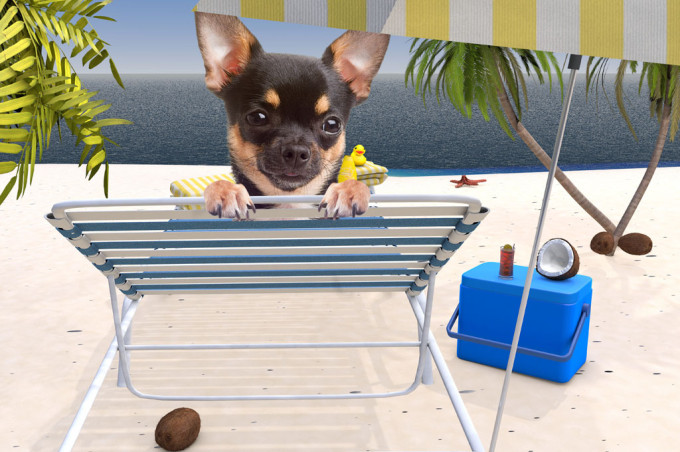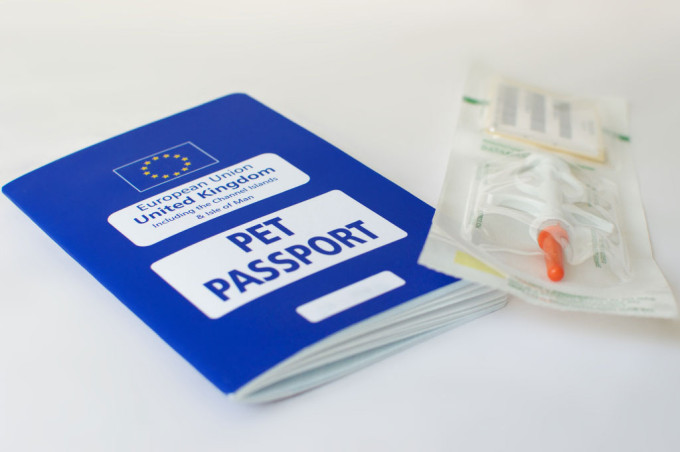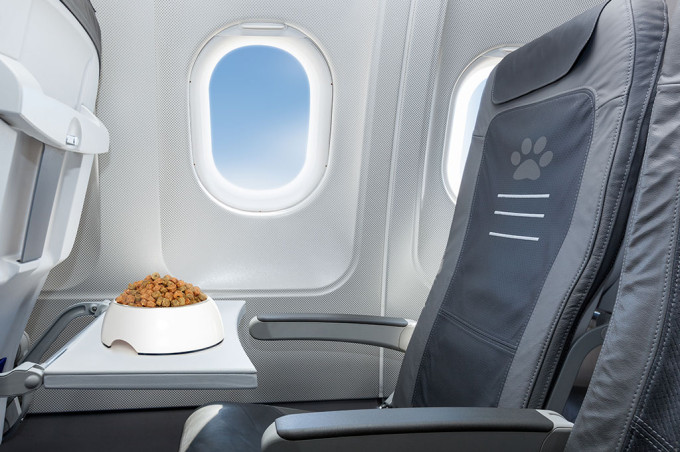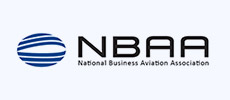If you are considering a private jet charter with pet in tow, you will find the process to be much more pleasant than with traditional airlines. For one, pets are allowed to fly in the cabin with you rather than in the cargo hold, which is required of pets over certain pounds.
This extends the seasons in which many pets can travel and allows you to keep your pets calm and comforted during the flight. The tips below will help you ensure a safer, happier flight experience for man and pet alike.
Pack all Proper Papers
This is important wherever you are traveling, but is critical when flying outside the U.S. It is also a good idea to familiarize yourself with local laws in your destination. For instance, some areas of the Caribbean require pets to be quarantined unless you bring a pet certificate of health signed by a veterinarian.
Some countries have bans or restrictions in place for various dog breeds. While the pit bull terrier is the most commonly restricted breed, there are others. Make sure you know that your pet will be welcomed once you land. Also consider investing in a pet passport if flying internationally.
Additional documentation in the form of shot records and clean bill of health from a veterinarian are wise to bring along as well as a list of any known allergies or health problems your pet may have.
Pack Appropriately for Your Pet
Pets need things when traveling too. In addition to very common items like food, food and water bowls, treats, etc. pets also need a few comfort toys for the trip as well. Flying is something new and different for pets. It can be frightening for them as well. Bringing along a few favorite toys for distraction, and a blanket will help to ease any nervousness and make the flight a more pleasant experience for everyone.
Visit Your Veterinarian Prior to Your Flight
A good rule of thumb is take a trip to the vet within 10 days of your departure. Inform the vet of your intention to fly with Fido and ask for recommendations regarding concerns such as motion sickness, dehydration, nervousness, or anxiety Chances are good that your vet can prescribe precautionary medicines you can bring along to help make the flight as painless as possible for your pet.
Take this opportunity to make sure your pet is up to date on all vaccinations, obtain a clean bill of health, and discuss whether precautionary vaccinations may be in order due to your destination.
Limit Water Intake Prior to and During Flight
If you are bringing cats along, it is a simple matter to bring a portable litter tray on board. Dogs are a different story. Depending on the length of your flight, it may be necessary to limit water (being sure the pet isn’t dehydrated) so that your dog does not have an accident from a too full bladder. You might even consider taking a layover to allow your puppy an opportunity to take care of business mid-flight.
Bring a Pet Carrier
Some private jet charter organizations require pet carriers. Even if your carrier does not require you to keep your pet in a carrier for the duration of the flight, Sherpa Report recommends placing pets in carriers for takeoffs and landings at minimum. However, having a pet carrier or crate allows your pet a safe place to be contained if it becomes frightened, nervous, or upset during the flight. Many pets who have been crate trained feel safer and are comforted to have their crates at times like this.
Presidential Aviation has many charter options for guests flying with pets. Call us today with your questions and concerns about bringing pets along on your next private jet charter flight.








